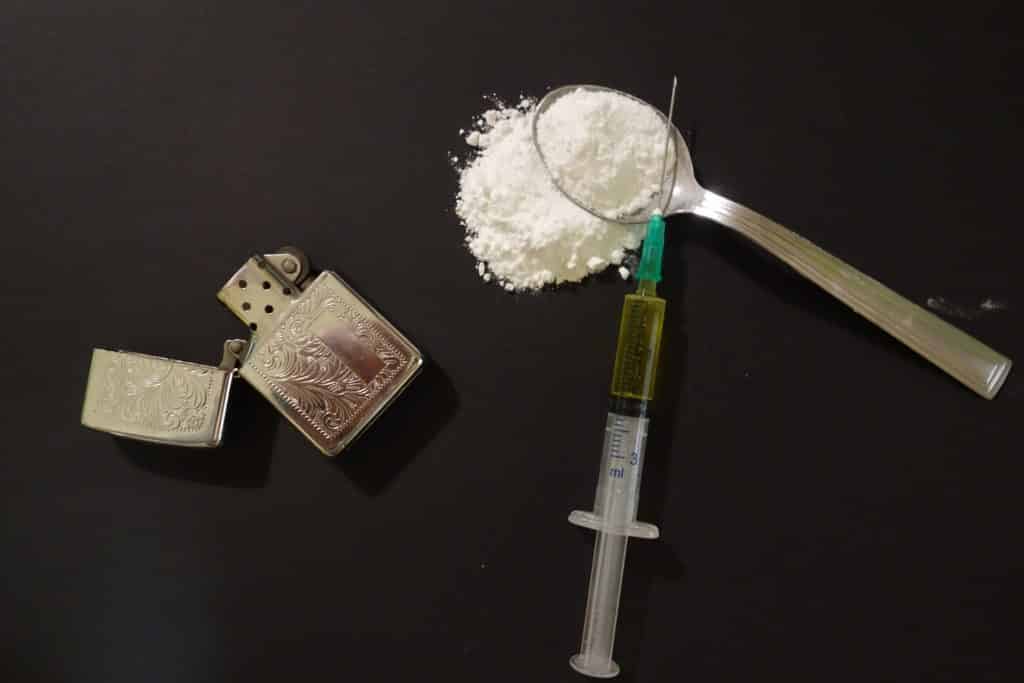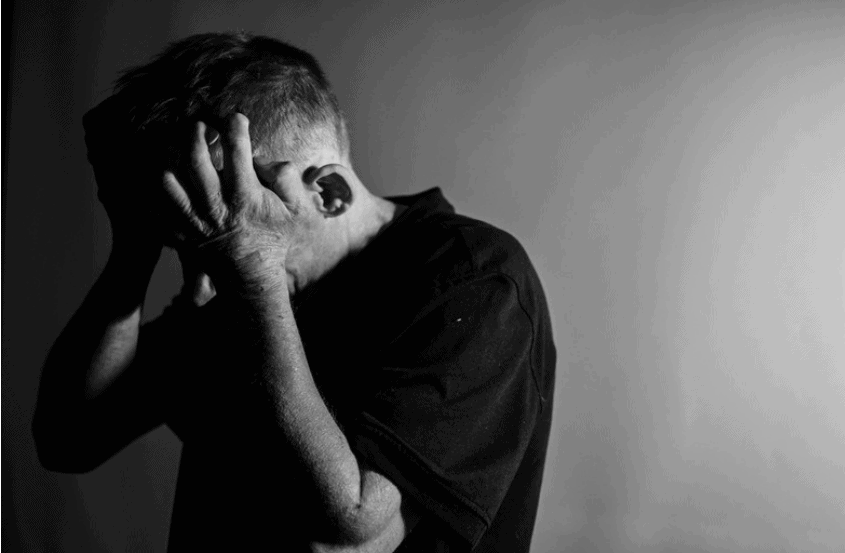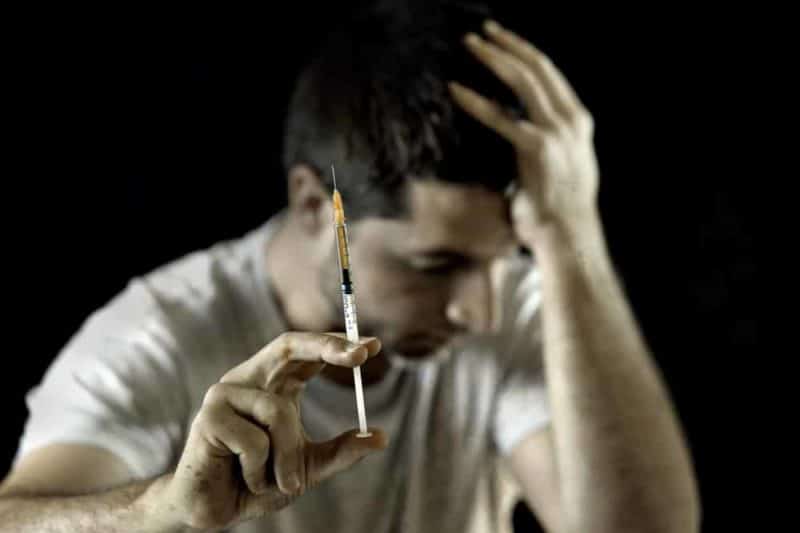Many addictive substances can cause an overdose when abused. The more potent the substance, the more likely an overdose becomes. If you or a loved one is struggling with substance addiction, it is important to know the dangers of abuse, the symptoms of overdose, and what to do if someone has overdosed.
Dangers of Heroin Use
Heroin is 2-3 times more potent than morphine and is the main contributor to the current opioid epidemic in the United States. This substance is classified as a central nervous system depressant. When ingested, heroin suppresses the respiratory system, resulting in dangerously low oxygen levels which negatively impact the body’s vital organs.
As stated by the National Institute on Drug Abuse, opioids depress breathing by changing neurochemical activity in the brain stem, where automatic body functions such as breathing and heart rate are controlled. Due to the depressant qualities of heroin, a common cause of overdose fatality is breathing cessation.
Because injection is a common method of heroin administration among users, the risk of contracting blood-borne viruses is very high when abusing this drug. Hepatitis and HIV are viruses that can be contracted through the use of contaminated needles. Both viruses can be fatal if left untreated.
Can You Overdose on Heroin?
Yes. heroin overdoses are unfortunately very common due to the potency of this powerful opioid. The Centers for Disease Control and Prevention state that out of the 841,000 people who have died in the past two decades from a drug overdose, 70% of those fatalities involved an opioid. That means 588,700 people have overdose on an opioid in the last twenty years. Symptoms of Heroin Overdose
There are warning signs to look for if it is suspected that you or someone close is experiencing a heroin overdose. The signs include:
- Pale skin
- Shallow breaths
- Weak pulse
- Seizures
- Unconsciousness
- Disorientation
- Breathing cessation
What To Do in The Event of a Heroin Overdose
If someone is experiencing a heroin overdose, you must call 911 right away. While you wait for medical assistance, try to keep the individual conscious by talking to them. To help prevent cardiac arrest, forcefully rub the person’s chest. If they begin having a seizure, keep them away from any surrounding objects.
Once on the scene, medical professionals may administer Narcan, an emergency medication used to reverse the side effects of an opioid overdose. The individual will then be taken to a nearby hospital for treatment and observation. In the event that a person survives a heroin overdose, it is extremely important that they seek professional addiction treatment.
If a heroin overdose occurs, it is likely that it will happen again if the abuse is left untreated.
Let Us Help
Heroin is a dangerous and highly addictive opioid that causes overdose fatality every day. If you or a loved one is struggling with heroin addiction, we are here to help.
Addiction is a devastating disease and you do not have to fight it alone. The founders of Asheville Recovery Center, as well as many of our addiction therapists, have struggled with addiction and now enjoy life in recovery. They understand the struggles of addiction and how difficult it is to overcome on your own.
At Asheville Recovery Center, treatment specialists have developed a unique, hybrid model of treatment which combines a traditional 12-step program with holistic rehabilitation. A multitude of services, programs, and therapies are offered, including the Partial Hospitalization Program, Residential-style treatment, outpatient rehabilitation, and more.
If you feel that you or a loved one is struggling with substance abuse, our specialists are on standby and ready to help. Call (828) 518-6996 and speak with an addiction expert today so you can take the first step towards a rewarding life of sobriety.









